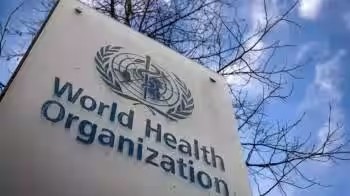
Diphtheria

17.02.2024
Diphtheria , Daily Current Affairs , RACE IAS : Best IAS Coaching in Lucknow
|
For the Prelims: About Diphtheria, Transmission, The new recommendations of WHO |
Why in the news?
The World Health Organization (WHO) recently published the guidelines on the clinical management of diphtheria.
About Diphtheria:
- It is a serious contagious bacterial infection of the nose and throat.
- Cause: It is caused by strains of bacteria called Corynebacterium diphtheria that make a toxin.
Transmission:
- It can spread from person to person, usually through respiratory droplets, like from coughing or sneezing.
- People can also get sick from touching infected open sores or ulcers.
- The bacteria can also infect the skin, causing open sores or ulcers. However, diphtheria skin infections rarely result in severe disease.
- Although diphtheria can be treated with medications, in advanced stages, the bacterial infection can damage the heart, kidneys and nervous system.
- Symptoms: A thick, gray membrane covering the throat and tonsils, sore throat and hoarseness, swollen glands (enlarged lymph nodes) in the neck, difficulty breathing etc.
The current treatments include:
○neutralization of unbound toxin with Diphtheria Antitoxin (DAT)
○antibiotics to prevent further bacterial growth;
○monitoring and supportive care to prevent and treat complications, e.g. airway obstruction, and myocarditis.
What are the new recommendations of WHO?
- In patients with suspected or confirmed diphtheria, WHO recommends using macrolide antibiotics (azithromycin, erythromycin) in preference to penicillin antibiotics.
- In patients with suspected or confirmed diphtheria, WHO recommends not to perform routine sensitivity testing prior to administration of diphtheria antitoxin (DAT).
- In patients with suspected or confirmed symptomatic diphtheria, WHO suggests an escalating dosing regimen for diphtheria antitoxin (DAT) which is based on disease severity and time since symptom onset, in comparison with a fixed dose for all patients.
Source: Financial Express